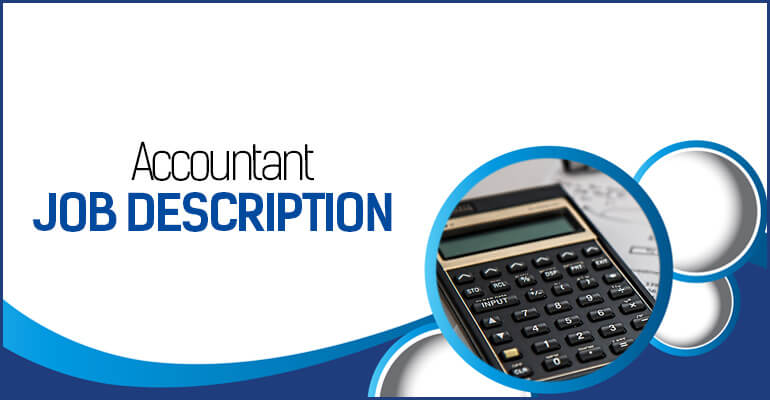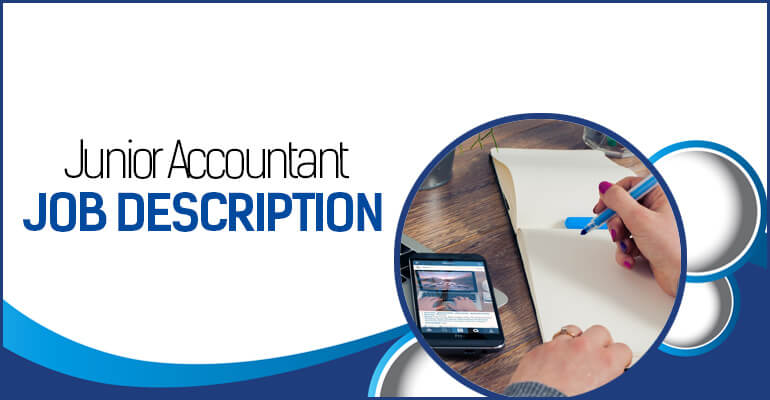Businesses, governments, nonprofits and other agencies transact business, handle money and generate records of these activities. The staff accountant job description explains how these professionals evaluate those records and turn them into a portrait of the organization’s financial condition. Unlike certified public accountants, whose work becomes the basis of investor decisions, staff accountants more often use their skills to guide management decisions about the internal affairs and business strategy of companies.
What Does a Staff Accountant Professional Do?
Staff accountants chronicle the financial activities of their employers. To do so requires more than simply recording a transaction. These professionals must ensure the reliability of the records and statements on which the reports are based.
Verification requires analytical skills and the ability to test the adequacy of controls designed to protect the integrity of information in an organization. Additionally, the staff accountant job description includes aiding the organization in complying with its tax and other regulatory obligations.

Staff Accountant Job Description For Resume – Responsibilities
- Prepare journal entries of transactions, such as sales, payments received, and payments by organization of salaries, wages, invoices and other expenses.
- Record costs of goods sold and overhead expenses.
- Reconcile accounts to verify the accurate reporting of transactions.
- Review sales records, receipts, invoices, travel expenses, reimbursements, requests for reimbursement or other payments, employee time sheets, billing statements, bank records and other documents.
- Generate financial statements such as reports of assets, liabilities, income statements and cash-flow statements.
- Ensure proper preparation, retention, and organization of records of organization’s financial transactions and activities.
- Conduct or assist in internal audits to determine compliance with internal controls and applicable laws or regulations.
- Report findings of audits, reviews of internal controls or investigations of misconduct or waste.
- Respond to inquiries by regulators, external auditors, and management.
Staff Accountant Job Essential Skills
Analytical Skills. The staff accountant job description highlights responsibilities that require analytical skills. These abilities include interpretation of financial statements and finding inconsistencies in records and reports. This also helps staff accountants determine the organization’s compliance with company policies, internal controls, and applicable laws.
Computer Skills. Staff accountants should have the ability to use enterprise resource planning (ERP) applications. These systems allow for accountants to access data and information on various departments in an organization from a centralized source. Other computer skills include the use of spreadsheets, report writers, word processors, PowerPoint and information systems used by the particular employer.
Math Skills. Math skills used by staff accountants include addition, subtraction, multiplication, division, and application of financial formulas. Staff accountants must have familiarity with calculating marginal tax rates and other withholding rates to prepare tax returns.
Organizational Skills. Staff accountants need organizational skills in order to be able to arrange financial records, to properly categorize transactions, and report them in chronological order. Proper handling of documents also allows staff accountants to detect missing items, discrepancies and ultimately waste or fraud.
How to Become a Staff Accountant
Most staff accountants become so through a college education that includes accounting and other business classes and experience in business settings.
For staff accountants who prepare statements and reports generally for their employers’ use rather than the public, qualifying as a certified public accountant is not a prerequisite. Primarily, staff accountants fall in the ranks of those who do not need a CPA. However, where the staff accountant job description for a particular employer requires preparing statements for investors, the public or filing with the U.S. Securities and Exchange Commission, a CPA is required.
Education & Training Requirements
Employers generally require staff accountants to have a bachelor’s degree. Typical majors include accounting, business administration, and finance. Aspiring staff accountants may include information technology and computer science in their curriculum, as transactions are conducted, recorded and maintained via computer systems. Some may even major in a computer or information technology field to gain the needed background to work on the auditing side of accounting.
Staff accountants generally get their training through internships with accounting firms or with companies, local governments or nonprofits and their accounting or finance departments. Some employers offer for new hires orientation into the organization, its divisions or departments, and structure. During the training, staff accountants learn the various roles and lines of business or activities.
Management accountants, who constitute the main ranks of staff accountants, may obtain voluntary certifications through the Institute of Management Accountants.
Work Experience
Prior work experience in accounting is a requirement or a preference for most employers. Staff accountant applicants should include on their resumes jobs as junior accountants or internships working in accounting firms or departments. Positions in bookkeeping also provide relevant work experience when combined with a bachelor’s degree in accounting.
Staff accountants may need prior employment in the sector of the prospective employer. This is because various types of industries or agencies operate with unique vocabularies, sources of revenue and regulations. For example, staff accountants in governmental agencies need familiarity with tax revenues, budgeting principles, and requirements regarding the validity and verification of expenditures of tax dollars. As a result, previous employment in tax or revenue, auditing, and finance departments can prove advantageous of governmental staff accountants.
Work Schedules
Staff accountants work full-time. Generally, their hours encompass weekdays and normal business hours. Work beyond these times is not infrequent. Deadlines for budget passage, the end of fiscal or tax years or other reporting periods and the need to complete audits may require staff accountants to work in the evenings or even weekends.
Often, staff accountants must attend board or other meetings to present findings of audits, investigations or guidance for board action. Also, some meetings may occur at night and others require staff accountants to travel and stay overnight away from home.
Career Prospects
Employment of “Accountants and Auditors” overall should grow 10 percent by 2026, according to the U.S. Bureau of Labor Statistics. This rate exceeds the seven percent job growth for all occupations. In 2016, the “Accountants and Auditors” field numbered 1,397,700. While the median pay for a staff accountant stands at $49,133 per year.
Tighter lending standards, financial regulation, and rules for public expenditures support the rising demand for accountants. Business and other organizations rely on staff accountants to ensure compliance with these expectations imposed by various actors inside and outside the respective entities. The role of staff accountants in auditing and the involvement of technology in transactions and information storage will drive much of the need for these professionals.
Conclusion
In preparing financial statements and other reports, staff accountants must have the ability to pass upon their reliability. With this skill, the exercise of preparing statements also allows staff accountants to catch questionable, unethical, wasteful or illegal activity. The staff accountant job description also entails ensuring compliance by overseeing or completing activities such as payroll and paying of invoices and bills.




